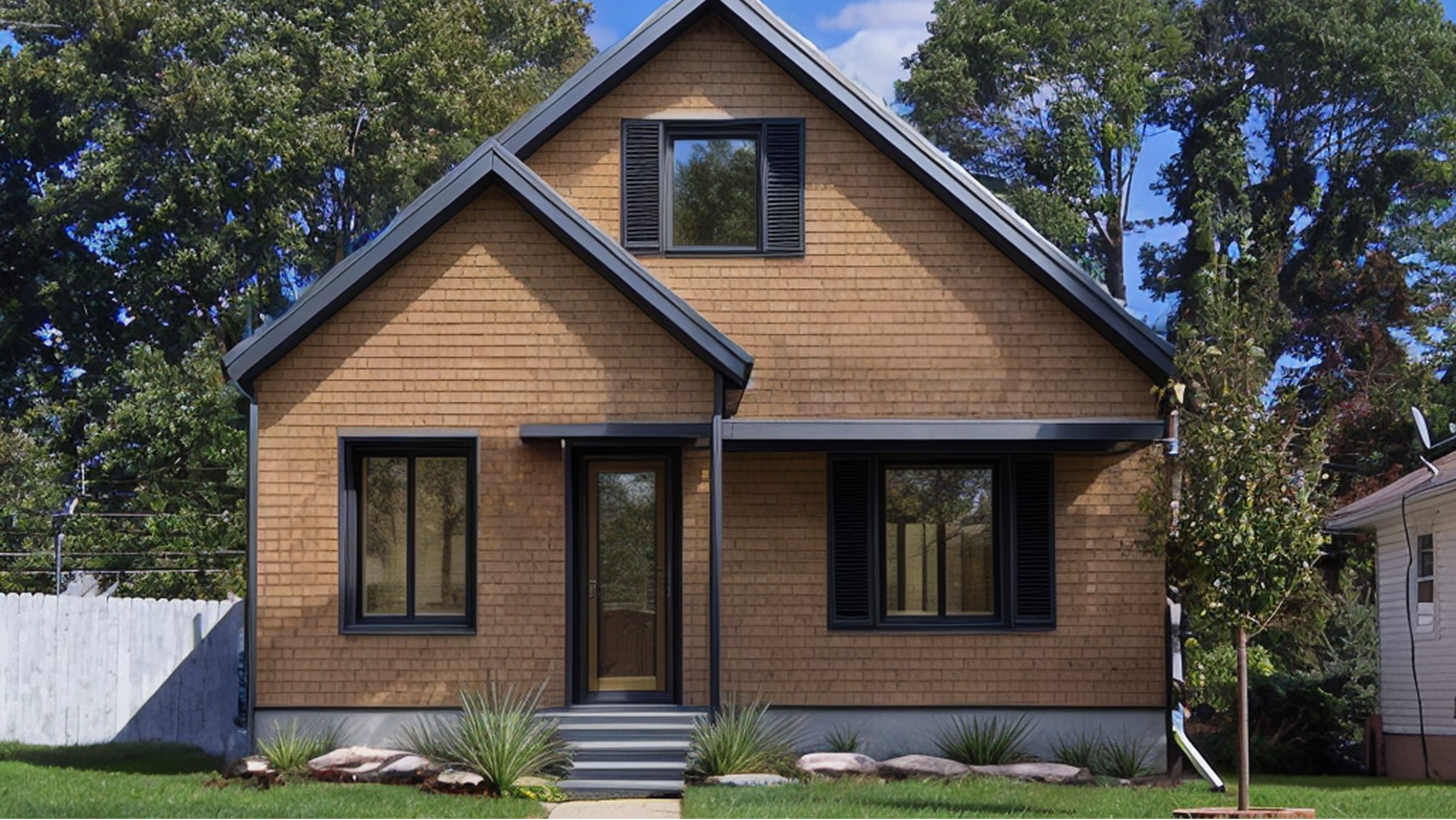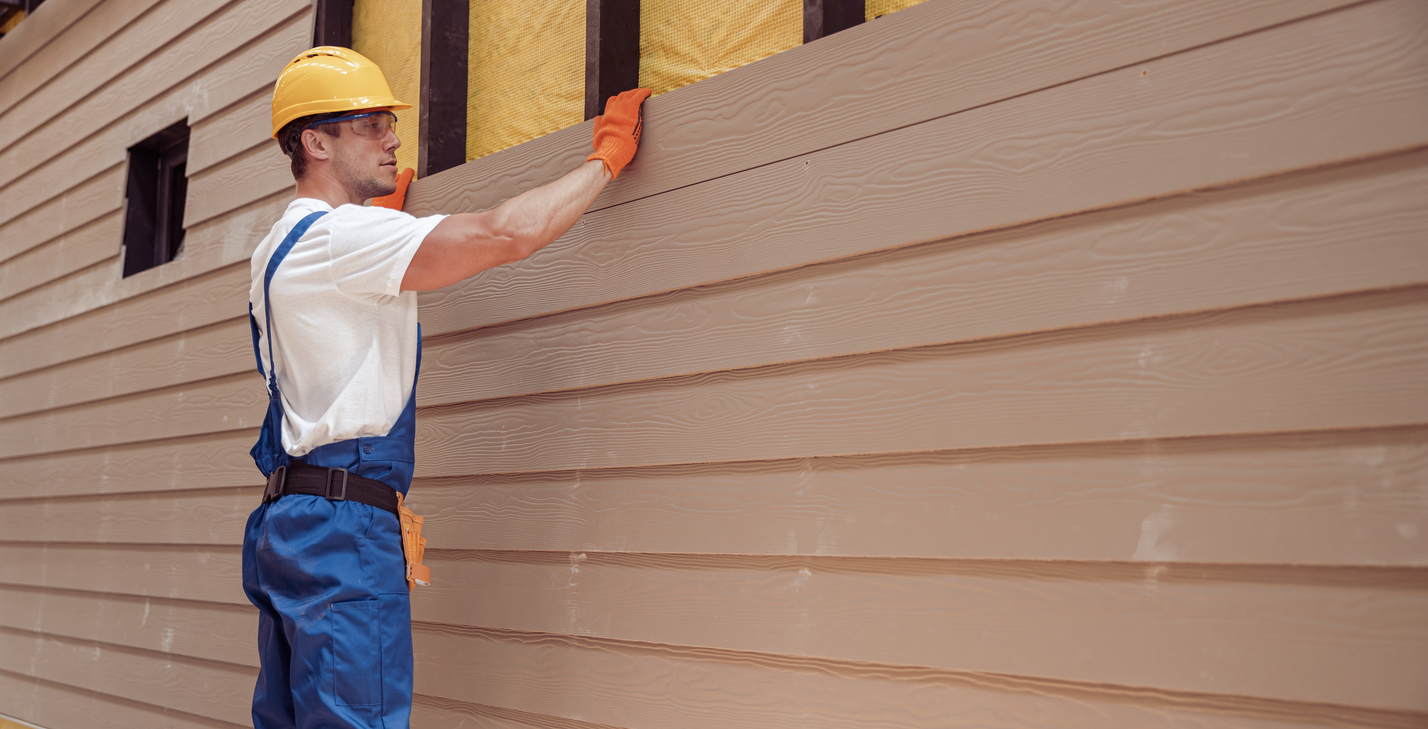When planning a home improvement project that requires a professional contractor, most homeowners have a lot of questions. The hiring process can be confusing and overwhelming. Interviewing prospective contractors is the best way to find the one who is right for you. Carefully screening your options and researching potential building pros can make all the difference in your overall experience, so make sure that you ask the right questions.
1. Read Online Reviews and Ask Friends and Family for Recommendations
Check out what others have to say, and, more importantly, how companies respond to complaints. You can look for reviews on Angie’s List, Houzz.com, Facebook, Yelp, Google and the BBB. State governments also regulate contracting and may have an online database of consumer complaints or disciplinary actions that you can check. Contractors can sometimes put you in contact with previous clients who can discuss their experiences as well.
2. Research Prospective Contractors
How long have they been in business?
Experience matters. The failure rate for contracting businesses is very high. Older, more established firms are more likely to be able to honor any warranty issues that may arise down the road.
Are they properly licensed and insured?
You can Google the answers to these questions through your state’s regulatory board or licensing agencies. Your local building inspection department may be a source of information as well – some localities list building permits in a searchable online database. This can tell you approximately how many similar jobs your contractor has received permits for in a given time frame.
Once you have several prospective contractors in mind, it’s time to interview them.
3. Schedule an In-Person Consultation
It’s important that you and your contractor have a good rapport. If your initial meeting is with a salesperson, you should find out who your project manager will be and speak to them before you sign. The project manager or superintendent will be the person you are communicating with during the project so it’s important that you feel comfortable with them.
Clearly define what you want, including any specialty finish materials. This will determine the scope of work, or the items that are included in your contract pricing (and those that aren’t). If you aren’t sure, contractors should work with you to create a realistic plan for your overall project. You can also request that they provide add-on pricing for aspects of the project that you are uncertain about.
Some questions to ask:
- How many jobs like this have you done in the past? Can I see photos of your work?
- Who will be my main contact at your firm throughout the job?
- Who will have access to my home during the project, and are they background checked?
- Will your firm be hiring subcontractors for any of this work? (If so, don’t hesitate to ask for their information and research them as you would the general contractor.)
- How long will my job take?
- What is the contractor markup on my allowance items?
- Will you keep me up to date on my remaining allowances as I choose materials? (If not, you can easily and quickly overrun your budget.)
- How are change orders handled?
- How long do you warranty your work?
- What are your payment terms?
- What is my cancellation window on this contract? (This will vary by state, so you may want to do your own research on the law as it applies to you. The window can be very short, so know your rights before you sign.)
4. Collect Estimates to Compare
Once you’ve met with several companies, you should receive written proposals that detail the scope of work, any exclusions (pay close attention to these), allowances (built-in funds for optional items like fixtures and finish materials), pricing and an approximate schedule. When contractors can offer you a 3D model of what your finished project may look like, with platforms such as HOVER, you can be more confident that your end result will meet your expectation.
Evaluating estimates can feel like comparing apples to oranges. It’s important to make sure that your competing estimates are all based on the same project specifications. Along with a clear scope of work and exclusions. Ask for the measurements that your contractors have used to quote your job. The accuracy of those measurements is crucial because it is what every other aspect of the quote is based on. You don’t want to overpay for materials, face schedule delays or other issues based on inaccurate measurements. While price is not the only factor to consider, it can certainly be the determining factor when all other aspects of the project are equal. It is important to go with the more trusted contractor, not necessarily the cheapest.
To ensure comparable quotes, pay attention to what the listed allowance items are; as what is included in one quote’s base price may be an allowance item on another. For included items like paint or carpet, request that the contractor clarify what materials will be used, and have those details written into any contract that you sign. Make sure that the scope of work is the same on each quote, and check the exclusions. The quote should also include information about how change orders (pricing changes) will be handled during the job. Change orders can dramatically change the cost of a project, so make sure you ask questions about anything that you don’t understand.
Remember – when interviewing contractors, you can always suggest that they use HOVER to take a few photos of your home and receive a 3D model and all of the detailed measurements they need to quote your job accurately. The extreme accuracy of HOVER’s measurements offers peace of mind to building pros during the planning and estimating process, while the 3D modeling capability ensures clear communication between you the homeowner and your contractor.

-1.jpg)

